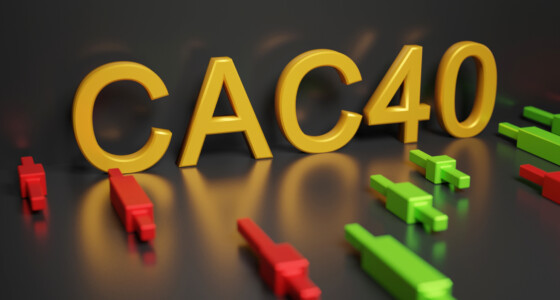

A Normal-Course Issuer Bid (NCIB) is a method by which a publicly listed company buys its shares in the open market to cancel them. This procedure is intended to assist the company in managing its capital structure and delivering value to its shareholders. In this article, we shall cover every detail there is to know about NCIB.
What is a Normal-Course Issuer Bid (NCIB)?
NCIB is a share buyback program for their subsequent cancellation. It is used by companies registered in Canada. Depending on how the transaction is carried out, the company can buy back from 5% to 10% of its shares. The purpose of using the NCIB is to raise cash, drive up share prices, prevent a company takeover, or combine all these.
With NCIB, a company can reduce the number of outstanding shares while improving financial performance, such as earnings per share (EPS) and return on equity (ROE). NCIB is often used when a stock is undervalued, and the company believes a buyback will boost the share price in the long run.
Understanding the NCIB
Companies that intend to buy back their shares must submit a notice of intent to create NCIB on the stock exchanges they are listed on to obtain their approval before proceeding. They must also follow limits on the number of shares that can be redeemed in one day. Companies are usually permitted to repurchase up to 25% of their outstanding shares in a single fiscal year.
NCIB is generally initiated by the company placing an order to acquire its shares on the open market.
The shares are then repurchased and retired, which reduces the number of existing shares while boosting the value of each remaining one. However, there are limits to the shares a company can buy in a single day.
Ways to use the NCIB
The company initiates NCIB like any other share buyback program because its executives believe its publicly traded shares are undervalued. They reduce the number of shares in the market by taking them back. The buying activity of the company reduces supply and raises demand, leading to a higher share price.
The company could sell off a portion of its holdings once the share price reaches the desired level to generate cash, improve liquidity, and broaden its investor base. Furthermore, a business can benefit from what it regards as a discount on the stock’s current price by making a normal course issuer bid.

Taking back control
The concentration and mix of stock ownership can alter if the buyback is substantial enough. A controlling stake that a third party cannot contest may eventually belong to the company. Once this has occurred, the company can continue to exert control by issuing a few new shares, preventing anyone from purchasing sufficient shares to influence shareholder votes or impose its agenda on the board of directors. Consequently, NCIB can help tactically fight hostile takeovers from within the company.
The bottom line
NCIB can help companies manage their capital structure and enhance their financial performance. However, this procedure must be used wisely. For example, it is beneficial for a company to buy back shares gradually, for instance, during the year when its shares have a favorable price.








